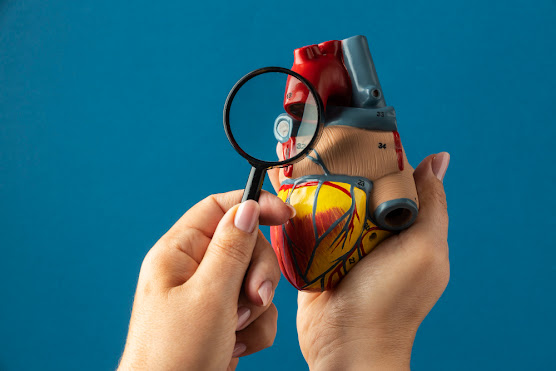AORTIC VALVE REPAIR THROUGH TAVR
Aortic stenosis or aortic valve stenosis is a valvular heart disease. The valve between the aorta (the body’s main artery) and the lower left heart chamber doesn’t open fully and gets narrowed. This reduces or blocks blood flow from the heart to the aorta and the rest of the body.
When one suffers from this heart condition, then the procedure we use to replace a thickened aortic valve that can’t open fully is called TAVR (Transcatheter aortic valve replacement ). TAVR (Transcatheter aortic valve replacement) is a minimally invasive heart procedure to replace aortic valve stenosis. The aortic valve is located between the aorta and the left ventricle. The blood flow to the body is reduced if the valve doesn’t open fully or correctly.
A procedure like TAVR is helpful to restore the flow of blood and reduce the symptoms and signs of aortic valve stenosis like shortness of breath, fainting, fatigue, and chest pain. TAVR, sometimes, is like an option for people at risk of complications from surgical aortic valve replacement which is called open heart surgery. The decisions like TAVR treatment for aortic stenosis are made after a discussion with a team of heart and heart surgery specialists, who work hard together to know the best treatment option for you. Sometimes, TAVR is also known as TAVI (Transcatheter aortic valve implantation).
WHEN TAVR GETS RECOMMENDED TO A PATIENT
Doctors may recommend TAVR if you have these signs and symptoms:
- When a biological tissue aortic valve does not work as per its capabilities.
- Other health conditions like kidney or lung disease make open-heart valve replacement surgery highly risky.
- Severe aortic stenosis which leads to symptoms and signs.
RISKS OF TAVR
Like all surgeries and medical procedures or treatments, TAVR also comes up with some potential risks which are:
- Stroke
- Bleeding
- Blood vessel complications
- Heart rhythm problems
- Heart attack
- Kidney disease
- Infection
- Death.
TAVR may give you relief from signs and symptoms of aortic valve stenosis which may help to improve life quality.
To help prevent any further heart-related problems, you need to follow a heart-healthy lifestyle. For that, here are some do's and don’ts:
- Do not smoke
- Get regular exercise
- Maintain a healthy weight.
If you or anyone around you is suffering from such conditions, then Sohana Hospital in Mohali is the best option for you. With a 24/7 emergent fully equipped cath lab, we have no delay policy in urgent cases with prompt attention to the patients.




Comments
Post a Comment